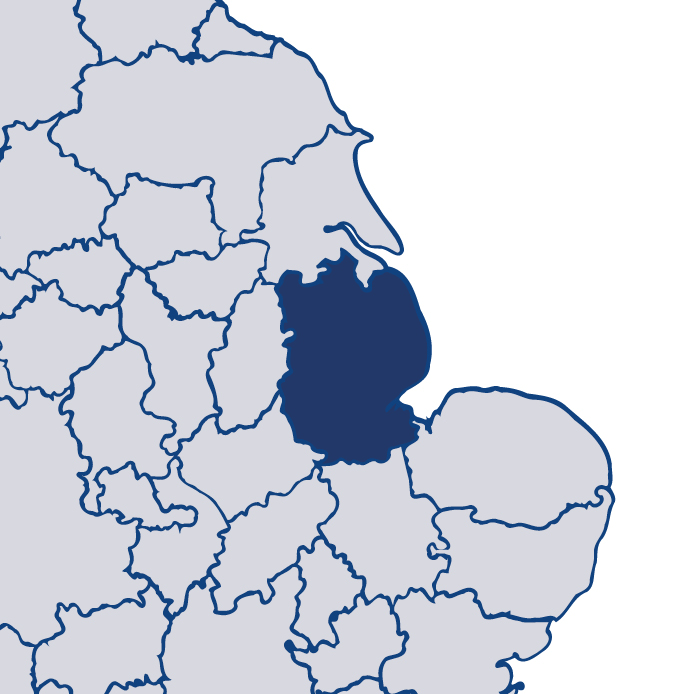Lincolnshire 2017
Read more about LincolnshireThis is HMICFRS’ fourth PEEL (police effectiveness, efficiency and legitimacy) assessment of Lincolnshire Police. PEEL is designed to give the public information about how their local police force is performing in several important areas, in a way that is comparable both across England and Wales, and year on year. The assessment is updated throughout the year with our inspection findings and reports.
The extent to which the force is effective at keeping people safe and reducing crime is good.
The extent to which the force is efficient at keeping people safe and reducing crime requires improvement.
The extent to which the force is legitimate at keeping people safe and reducing crime is good.
HMI's observations
Read my assessment of Lincolnshire Police below.
I am satisfied with most aspects of Lincolnshire Police’s performance in keeping people safe and reducing crime, but we found some areas of concern that it needs to address to provide a consistently good service.
Since 2016 it has maintained the standard of most of its investigations and improved its approach to reducing reoffending. It has made progress in dealing with vulnerable people, addressing most of the areas that required improvement.
However, the force needs to:
- improve the consistency of supervision in investigations; and
- ensure that workloads are manageable, so that officers and staff can meet the needs of victims, particularly the vulnerable.
The force has worked hard to provide an efficient service, but it needs to develop financial plans informed by a comprehensive review of demand.
The force treats members of the public with fairness and respect, and is improving the way it treats its workforce in response to our recommendations.
Overall, I commend Lincolnshire Police for working hard to address the areas for improvement we have identified and the good progress it has made in a number of areas we identified last year.
Effectiveness
How effective is the force at keeping people safe and reducing crime?
Efficiency
How efficient is the force at keeping people safe and reducing crime?
Legitimacy
How legitimate is the force at keeping people safe and reducing crime?
Other inspections
How well has the force performed in our other inspections?
In addition to the three core PEEL pillars, HMICFRS carries out inspections of a wide range of policing activity throughout the year. Some of these are conducted alongside the PEEL inspections; others are joint inspections.
Findings from these inspections are published separately to the main PEEL reports, but are taken into account when producing the rounded assessment of each force's performance.






